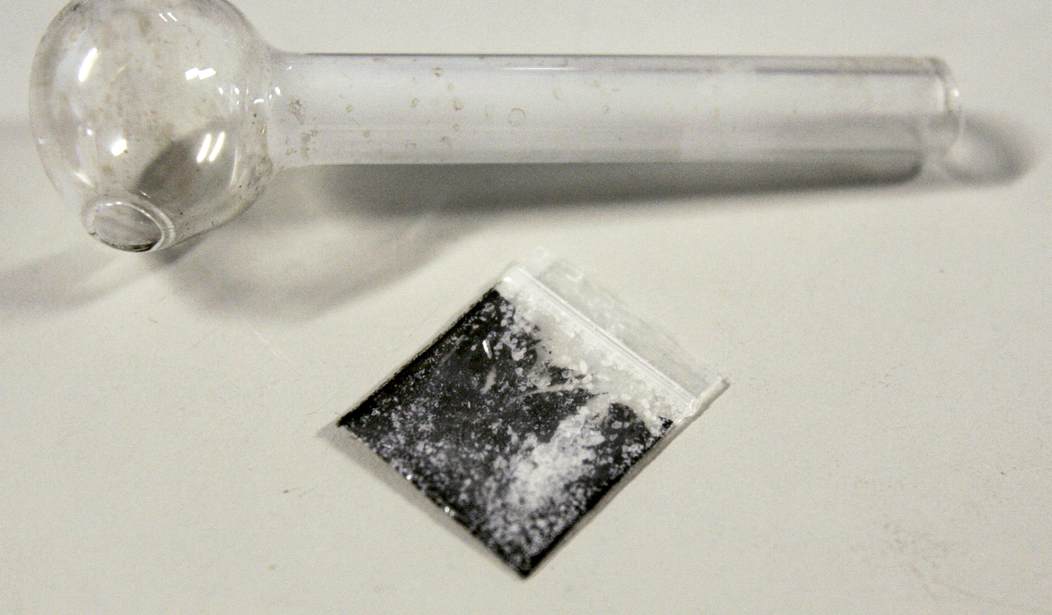A Denver suburb was forced to close its city library last week after the discovery of meth contamination in the library’s restrooms.
The city of Englewood now has the distinction of being the second city in Colorado to shut down a public library due to drug contamination. Boulder was also recently forced to close its main public library after, as reported by HuffPost, “the contamination in the facility’s restrooms exceeded state thresholds.”
That there are any drug “thresholds” in a public library at all is a giant red flag, but Colorado is well known for their lax illegal drug policies and enabling of criminal behavior in public places. Denver is a particular offender, with homeless and crime issues rivaling cities like Austin, TX.
The report from HuffPost says the closure of the first Boulder location raises some concerns.
Boulder officials suggested that their city’s library closure last month was the result of strict state rules for cleaning up meth once testing reveals it. They also pointed out that standards for how much meth contamination is acceptable were developed with an eye toward homes, where frequent exposure is more likely than in public buildings.
If you have actual standards for how much meth contamination is safe meth contamination, maybe your problem is meth, not what levels are acceptable for children and other residents to be around. No one should be around meth in public, in any amount. The fact that the Colorado government has put time, effort, and presumably a lot of money into figuring out how much trace meth is okay to be lying around is Crazytown levels of crazy.
Even after the Boulder library reopened, they have left their restrooms closed, and patrons will need to ask an attendant for access.
Englewood faces similar issues, and just like in Boulder, their solutions seem to be making matters worse, not better.
The Englewood library has made some changes to help homeless people who go there. An outreach group comes each Monday to offer services like help getting identification, food vouchers and housing, according to [library director Christina] Underhill.
Offering handouts that only encourage addicts who are also homeless to congregate near the library they’re using to shoot up drugs in seems like a bad idea. When I was a child, the library was considered a space largely for children – particularly students and young ones who attend programs like story hours or creative classes. What parent would look at the meth found in the Englewood library, and then feel safer when the library announces they’ll be creating an even bigger magnet for the type of people who do meth in library bathrooms?
The library is adding security and hopes to add more staff to keep an eye on facilities, but the problem isn’t a library problem, it’s systemic.
The entire Democrat/progressive approach to the law and criminal activity has been an abject failure that has increased danger and made taxpayers more unsafe than ever.
“The use of the library has changed,” Underhill said. “More people are coming to use it as a shelter area.”
In October of 2022, the California coastal city of Long Beach had to close its library’s doors to the public after being overwhelmed by violent crime and drug use.














Join the conversation as a VIP Member